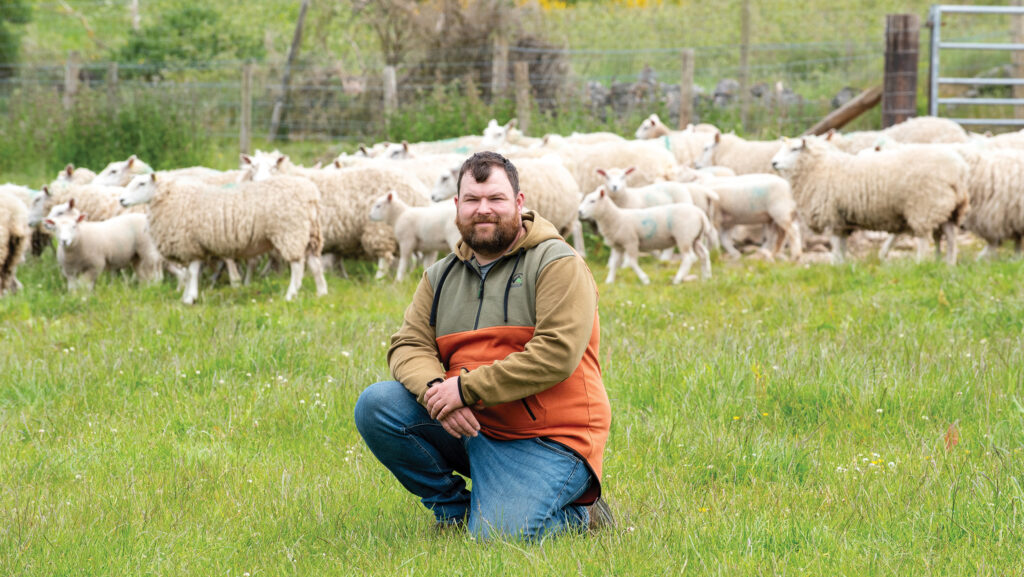Farmer Focus: Trying summer prompts borehole plan
 Duncan Morrison © Angus Findlay
Duncan Morrison © Angus Findlay September is a relatively quiet month for us. As a spring-calving suckler herd and an April-lambing ewe flock with no arable enterprise attached to it, we are between the major busy periods.
It has given us time to catch up on fiddly jobs that were needing done, with a load of gates now swinging that were previously tied together with the farmer’s friend.
We also have a slew digger hired so that we can get a couple of drainage issues rectified, ditches cleaned out, new gateways created and roads repaired.
See also: How to plan for water security and drought resilience
These types of jobs are always very satisfying, knowing that they are mini-investments that will make life easier in the future. Time is money, as they say.
It’s been quite a trying summer, with the dry conditions seriously affecting grass growth and private water supplies.
We have priced up a borehole on one of our units, so fingers crossed we find something when we get round to drilling.
Our issues are probably minuscule compared with what I have heard about in the far south of the country.
Nevertheless, it is something we are not really used to. It looks as if we will have to learn more about drought mitigation and adapt our systems to suit in future.
We have got straw hauled home very promptly this year due to the early harvest. We stick to a handful of neighbours and local suppliers and try to have the bales removed as quickly as possible.
We always look to secure straw at harvest so we know what we have to work with in advance of winter. It also usually prevents crazy prices later in the season.
I hope things improve for our arable farming friends who have been put through the ringer recently because of the weather, trade deals and storage issues.
It is amazing how interconnected farming sectors actually are and often how dependant they are on each other.
We try to reduce inputs to the minimum by focusing on what we can control within our own farm boundary, so that we can insulate ourselves from market pressures as much as possible.
Despite that, our fortunes are still influenced to an extent by what is going on outside our farm gate. Farming, as ever, moves in cycles, and the old adage “up horn, down corn” rings true.

